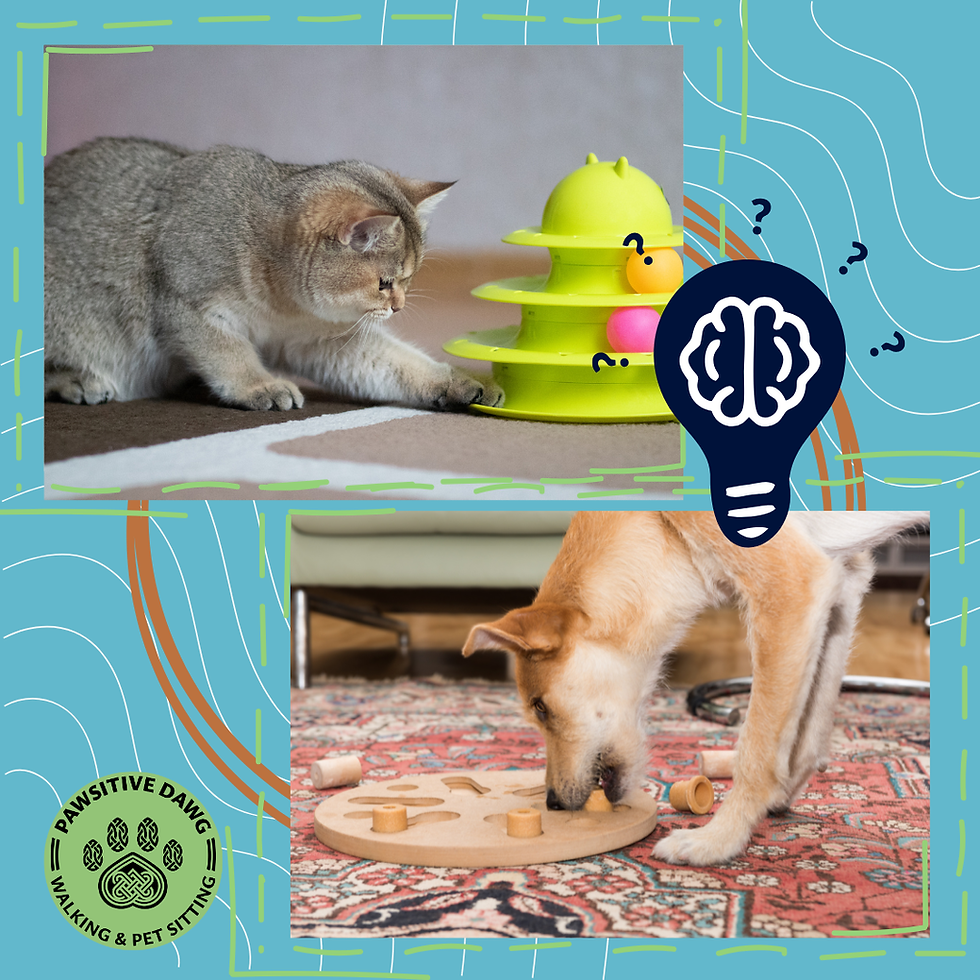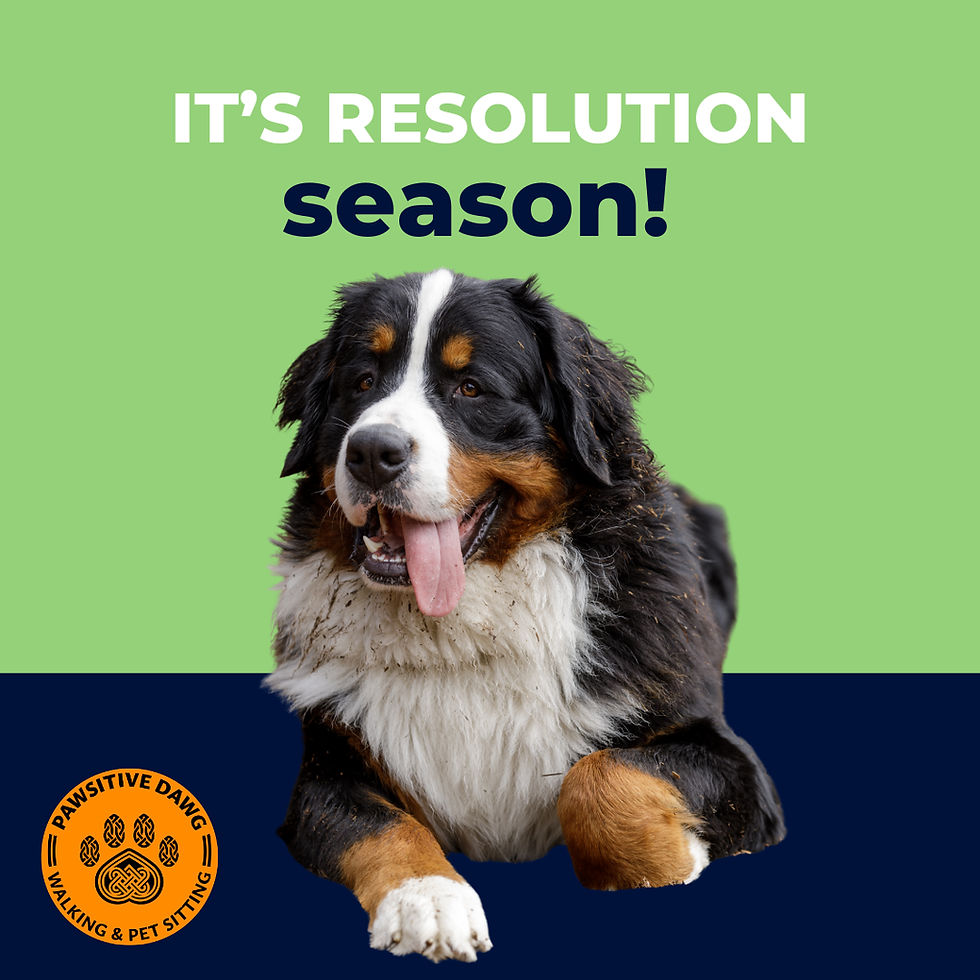Pet First Aid: What Every Pet Parent Should Know
- The Pawsitive Dawg Walking and Pet Sitting Team

- Jun 23, 2025
- 3 min read

Life with pets is full of surprises, and while most are joyful, sometimes emergencies catch us off guard. Whether your pup steps on a sharp object during a walk or your cat swallows something they shouldn’t, knowing how to respond quickly can make all the difference. Having the right tools and knowledge on hand ensures you’re prepared to help your furry friend when they need you most.
Basic Supplies for a Pet First Aid Kit
Building a pet-specific first aid kit is a simple but crucial step in emergency preparedness. Keep your kit easily accessible at home and consider creating a smaller version for travel or walks.
Your kit should include:
Gauze pads and adhesive tape
Non-stick bandages and vet wrap
Antiseptic wipes or spray (pet-safe only)
Tweezers (for splinters or ticks)
Digital thermometer
Disposable gloves
Saline solution (for cleaning wounds or eyes)
Hydrogen peroxide (to induce vomiting—but only under vet guidance)
Scissors with blunt ends
Emergency blanket
Muzzle (injured pets may bite out of fear or pain)
A list of emergency contacts including your vet and local animal ERs
Bonus tip: Include a photo of your pet and their medical records in case you're away from home or need someone else to step in.
Common Emergencies and How to Respond
Here are a few of the most common pet emergencies and what you can do before heading to the vet:
Bleeding: Apply pressure with gauze or a clean cloth. Keep the area elevated if possible.
Choking: If you can see the object, try to gently remove it. Do not stick your fingers down their throat. If they’re not breathing, perform the Heimlich maneuver for pets or begin CPR.
Heatstroke: Move your pet to a cool area, offer water, and use cool (not cold) water to lower their body temperature.
Seizures: Clear the area to prevent injury, time the seizure, and avoid touching their mouth. Stay calm and contact your vet as soon as possible.
Ingestion of toxins: Call your vet, ASPCA Poison Control (888-426-4435), or Pet Poison Helpline (855-764-7661) immediately. Don’t induce vomiting unless directed by a professional.
When to Head to the Vet
It’s not always easy to tell when a pet emergency warrants immediate veterinary care. Trust your instincts. If something seems off, it’s always better to be cautious.
Take your pet to the vet or an emergency facility if they experience:
Difficulty breathing
Seizures or loss of consciousness
Excessive bleeding that doesn’t stop with pressure
Suspected poisoning
Swollen or hard abdomen
Inability to urinate or defecate
Severe limping or suspected broken bones
Sudden and significant behavior changes
Local Emergency Vet Options
Fortunately, pet parents in Waltham and the surrounding areas have several excellent emergency options.
Here are some local resources to keep on hand:
BluePearl Pet Hospital – Waltham 180 Bear Hill Rd, Waltham, MA Open 24/7 for emergency and specialty care
MSPCA - Angell West – Waltham 292 2nd Ave, Waltham 24/7 emergency services
Massachusetts Veterinary Referral Hospital – Woburn 20 Cabot Rd, Woburn, MA 24/7 specialty and emergency care, open 24/7
Veterinary Emergency Group – Newton 165 Needham St, Newton, MA Walk-in emergency services, open 24/7
Veterinary Emergency Group - Cambridge 357-359 Fresh Pond Pkwy, Cambridge, MA Walk-in emergency services, open 24/7
A Little Preparation Goes a Long Way
Being prepared for emergencies doesn’t mean expecting the worst. It means empowering yourself to act confidently and quickly when your pet needs you. Having a stocked first aid kit, knowing the basics, and saving local ER numbers in your phone can help turn a stressful situation into a manageable one.
At Pawsitive Dawg Walking and Pet Sitting, your pet’s safety and well-being are always our top priorities. That’s why every member of our team is certified in Pet First Aid and CPR and we make sure they’re re-certified every two years. Whether it’s a daily walk or a check-in visit, you can count on us to be there for your pet (and their paws) every step of the way.








Comments